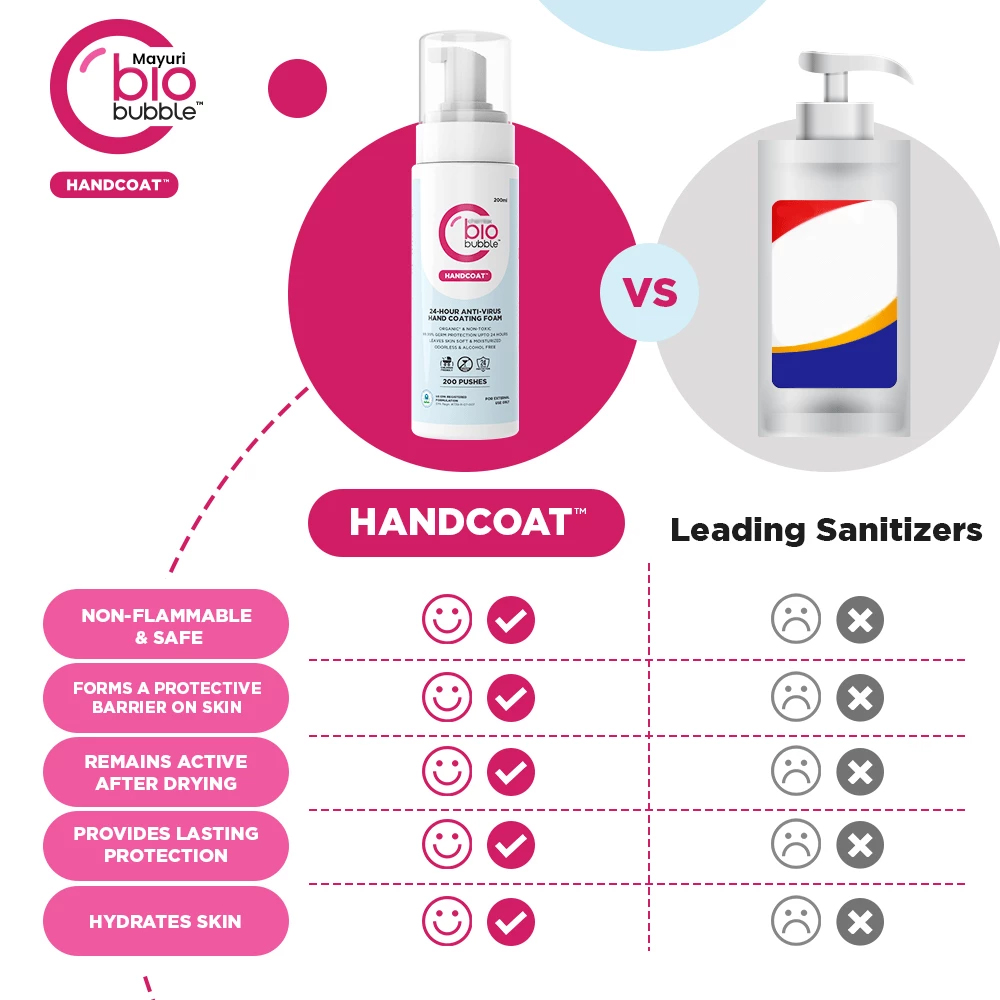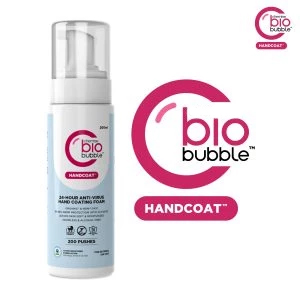

Our hands are exposed the most, be it offices, markets, availing public transport, dining out, or even while strolling down the footpath. And, these common touch points such as tables, chairs, elevator buttons, doorknobs, switches, phones, touch screens, remote controls, computer keyboards, handles, desks, tubs, sinks, railings, common surfaces which are touched by all. Not everyone has the same hygiene as you. For such obvious reasons, these surfaces act as vectors for disease transmission.
Solution?
With this looming issue, regular hand washing with soap and water and or use of hand sanitizers at regular intervals has been for long recommended by leading health institutes and top professionals. Since soap and water is not that easily available, and frankly quite inconvenient to carry, people resort to use of hand sanitizers, may be excessively. There is no proper way to use hand sanitizer, we use it as per convenience. It even makes people panic if you forget your sanitizer at home. But does anyone consider the negative effects of hand sanitizer. We do!

With time, observations have surfaced up regarding the effect of sanitizer on hands. No doubt about efficacy, but the concerns exist after application. The complications start building up after regular usage. Some of them briefed below:
It becomes quite tiring and significantly impassable to sanitize our hands after each touch. Regardless of whether we clean our hands after each and every touch, sanitization is restricted to just our next hand contact, which may not be at a gap of even a minute.
Presenting Mayuri BioBubble HandCoat with Retentive Silane based Antimicrobial Technology keeping hands germ free and protected for up to 24 hours with a single usage.
.jpg)
Mayuri BioBubble series of protective antimicrobial coating amasses a retentive silane-based technology which works by forming a series of spikes on applied surfaces destroying pathogens as small as 0.1 micron upon contact. It does not work chemically, but mechanically.

Mayuri BioBubble alcohol free hand sanitizer ingredients include 2.5% TMS-QAC with permissible emollients and moisturizers in purified water. It comes in an easy and convenient packaging with a foam dispenser.
What makes Mayuri BioBubble HandCoat the better choice
Mayuri Chemicals is the first in India, and sixth globally to develop this revolutionary technology.